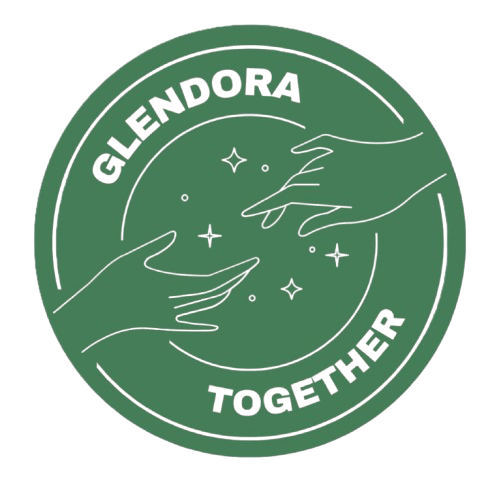
Anti-Aging
By Anya Dellinger
Nature & Science
Anti-aging supplements have exploded in popularity in recent years, and companies (with varying degrees of success) are capitalizing on the age-old desire to stay forever young. Viome, Elysium Health, NOVOS, and AVEA are only a handful that now sell supplements that aim to minimize the “Hallmarks of Aging.”
These signs of aging include genomic instability, telomere attrition, stem cell exhaustion, and mitochondrial dysfunction, all of which are tied to a decrease in NAD (a crucial coenzyme for metabolic processes) that naturally occurs as you age.
These supplements, that contain vitamins such as Vitamin B3, facilitate NAD production. There is legitimate scientific backing for many of these supplements, despite controversy and peddling by pseudoscience-adjacent figures such as Joe Rogan, a popular podcaster who frequently discusses NAD on “The Joe Rogan Experience”.
However, the biggest problem with these supplements is not necessarily the science, but the true contents of the pills sold to consumers. This is an industry-wide problem– the FDA does not consistently hold supplement manufacturers to standards that require them to actually include the ingredients on the label.
A study presented to the US Government Accountability Office revealed that out of three examined memory supplements, two did not include the ingredients on the label, and one included chemicals that could potentially harm the consumer.
These “snake oil treatments” extend to anti-aging, represented best in NAD IVs, in which a person is hooked up to an IV that contains NAD. However, the cells are in fact unable to use NAD pumped directly into the veins, and this study, helmed by researchers at the University of Sydney, found that most of the NAD had exited the body and was present in the individuals’ urine only six hours after treatment.
Despite this, the anti-aging (or sometimes termed longevity) market is worth five billion dollars, and is forecasted to grow almost 10% in the next five years. The success these companies have found raises questions about our cultural fear of aging and the pursuit of eternal youth.
In an attempt to determine the merit of these supplements, Zoya Khan, a student at Glendora High School, concluded in her paper: “the lack of long-term human trials, potential inequalities in access, and opportunity costs of diverting resources from proven lifestyle interventions suggest that anti-aging supplements, while valuable, may not yet represent a definitive moral advancement in human health.”
According to a study done at Oxford, which was conducted over a period of two years, Vitamin B intake slows the rate of brain atrophy. This occurs in the elderly, and at a very accelerated rate in people with Alzheimer’s.
Thus, Vitamin B intake, which is the crucial ingredient of these supplements, has been shown to keep people healthier for longer. However, being healthier comes at a cost.
Basis, one of Elysium Health’s Vitamin B supplements, costs $480 for an annual supply– $40 a bottle. NOVOS’s products cost $98 for a bottle, and their competitors are not much cheaper.
The science is clear: these supplements do have an impact, and do make people healthier. However, the expense and stigma these supplements feed into about aging also raise concerns about how impactful they really are.
Anya Dellinger is in the Glendora High School Class of ‘27
